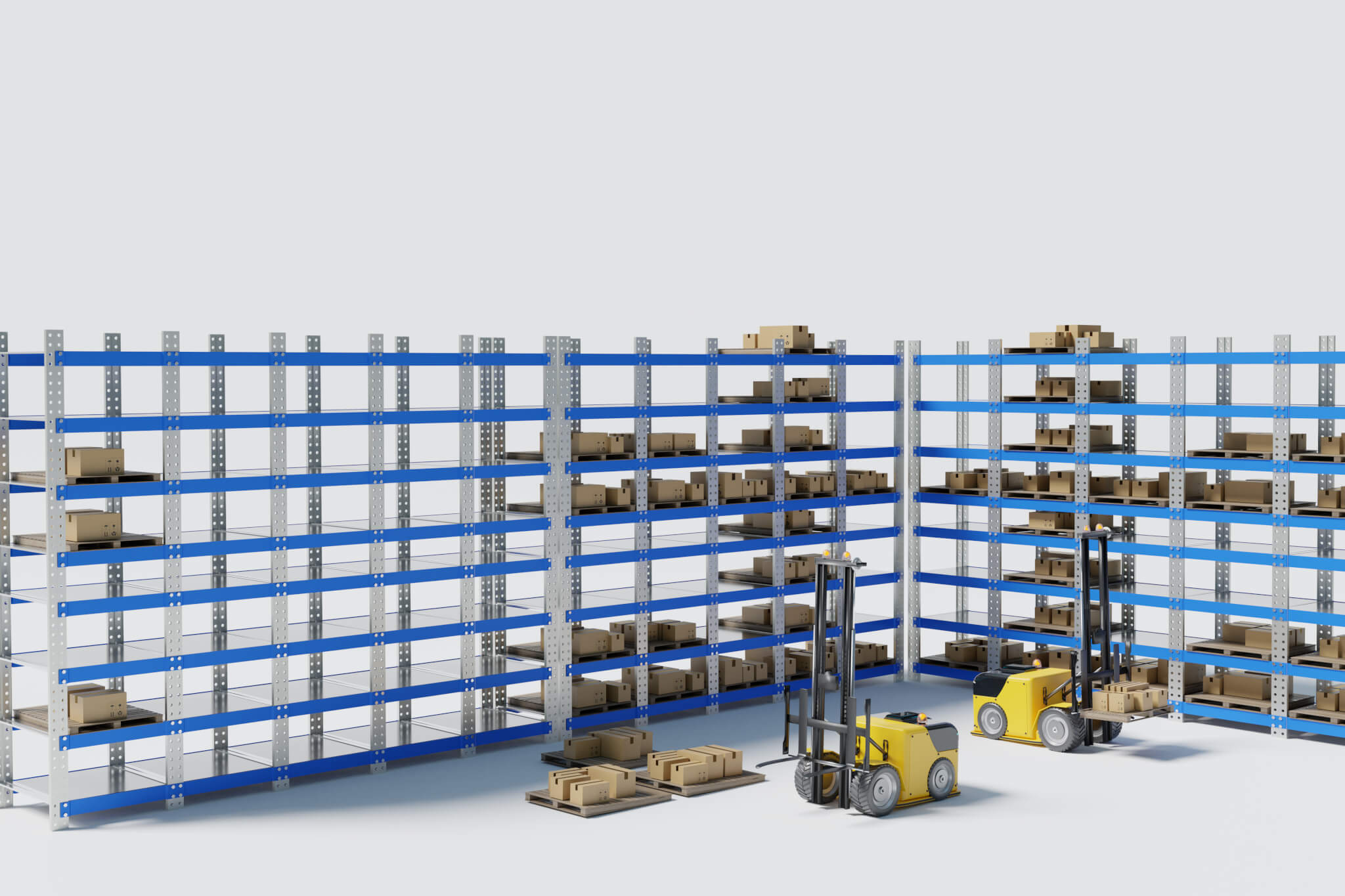April 10, 2023
Mistaken identity is a common criminal defense position. Under it, the accused claims innocence by contesting eyewitness accounts. The defendant says that while they may bear a striking resemblance to whom the eyewitness saw, they’re an entirely different person. The claim happens relatively often and with good reason, as DNA research shows that claimants are correct in 70% of the cases.
Cases involving mistaken identity happen throughout the legal system daily. They also happen inside buildings where two disciplines that, when abbreviated, sound the same and, on the surface, look the same. But when applied, they’re different. They are facility management, often referred to as FM, and facility maintenance, also often referred to as … FM.
Two Disciplines, One Mission
Facility management and facility maintenance are two separate disciplines. This much is true. But, what’s also true is that both are on the same mission: to help you and your staff get maximum value from your building.
Distinguishing between the two can be challenging, but a good rule of thumb is to view one as the parent and the other as a child. In this case, facility management is the child, while facility maintenance is the child. Another option would be to view facility maintenance as the long-term solution while facility management focuses more on the short-term, day-to-day needs of your building.
A Closer Look at FM … Facility Maintenance
As mentioned, facility maintenance is a long-term strategy and focuses primarily on extending the life of your capital assets through proper care. Things that fall under the facility maintenance umbrella include HVAC units, conveyor belts, and high-traffic areas, including hallways and garages. All these areas are critical pieces of your building; if they go unattended, it could result in a considerable repair expense.
Aside from cost savings, an effective facility maintenance program has many benefits. If you own the building and employ a dedicated routine, tenants will likely be satisfied, extend their leases, and drive your revenue and profit streams. If the building is used solely to house your staff, productivity, focus, and the lifespan of crucial capital assets will all see a positive impact. The benefits are broad, but no matter how you use your building, maintenance should be a priority.
A Closer Look at FM … Facility Management
Facility management is more of the day-to-day, immediate operations. Areas like cleaning common areas and offices, trash removal, sweeping, mopping, and groundskeeping, are considered facility management duties. If you shun facility management responsibilities, your bottom line won’t be happy. Eventually, you’ll end up shelling out valuable resources to remedy what was more than likely a simple fix.
Just like facility maintenance, there’s so much to gain from facility management. First and foremost, facility management sets the tone for your employees and customers. Research shows that employees are 15% more productive in a clean, well-maintained environment than those working in an unclean space. From a customer perspective, a healthy facility could make customers more likely to view you positively. The condition of your facility can also provide insights into your brand, how you, and the value you place on your staff. With that said, take notice of this critical piece of your operation and give it the attention it warrants.
Conclusion
Facility maintenance and facility management are both essential to the success of your building and organization. Knowing the difference between the two is the first step toward proper application. Take time to understand the different facets of each. Most importantly, remember they’re two critical pieces of your business strategy that sound the same, might look the same, with one mission, and when used effectively, everyone, especially your building, wins.
AIA Contract Documents has provided this article for general informational purposes only. The information provided is not legal opinion or legal advice and does not create an attorney-client relationship of any kind. This article is also not intended to provide guidance as to how project parties should interpret their specific contracts or resolve contract disputes, as those decisions will need to be made in consultation with legal counsel, insurance counsel, and other professionals, and based upon a multitude of factors.

